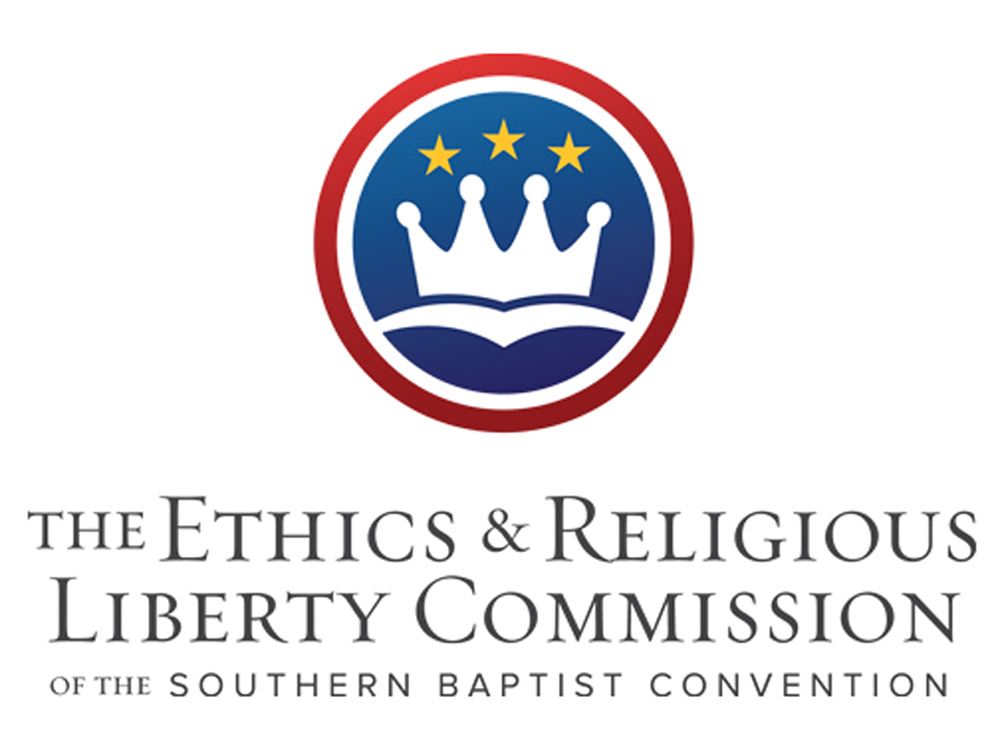
Earlier this year, the Ethics & Religious Liberty Commission released its second State Policy Agenda, highlighting state-level policy initiatives that reflect the cultural and ethical priorities of Southern Baptists. The legislation featured is not an exhaustive evaluation of policies state legislatures were or are considering, but a compilation of bills brought to the ERLC’s attention by Southern Baptist state ethics leaders, state conventions and other partners who share Southern Baptist values. It is compiled in consultation with leaders from state Baptist conventions.
As the majority of state legislatures have concluded the 2025 segment of their two-year legislative sessions, the ERLC has highlighted five important legislative outcomes from this year’s sessions included in the State Policy Agenda.
Life on Missouri ballots
A pro-life ballot measure will be before Missouri voters in 2026 that would overturn the pro-abortion measures narrowly passed by 51 percent of voters in 2024. Amendment 3 amended the state constitution to legalize abortion through fetal viability.
Now, the Missouri legislature has approved House Joint Resolution 73, which would repeal the Amendment 3 language from the state constitution and give voters an opportunity to pass a pro-life amendment. The resolution outlaws abortions in Missouri with exceptions for rape, incest, fetal anomaly and medical emergencies. Abortions for instances of rape and incest would only be legal through the first 12 weeks of pregnancy. While these are broad exceptions, abortion will continue to be legal in Missouri through roughly 24-26 weeks without this resolution. In addition, the measure will also prohibit “gender transition” medications and procedures for minors.
The ERLC highlighted a similar proposal titled House Joint Resolution 54, which was among many bills filed in Missouri to repeal the pro-abortion amendment.
Physician-assisted suicide in Delaware
On May 20, Delaware became the 11th state (plus Washington, D.C.) to legalize physician-assisted suicide under the guise of compassionate end-of-life care. The new law allows patients with a terminal prognosis of six months or less to request medication from a physician that will end their life.
Since a 1997 Supreme Court decision, the physician-assisted suicide movement has gained momentum, exemplified by the three example bills the ERLC highlighted in its agenda. In all, 18 states had bills to legalize the practice. Southern Baptists hold that physician-assisted suicide is not healthcare. Pain and suffering at the end of life call for compassionate treatment that supports a God-honoring culture of life.
Religious liberty endangered in Colorado
Colorado made national headlines with a legislative proposal titled the “Kelly Loving Act,” which proposed radical changes to make “misgendering” and “deadnaming” discriminatory acts under state law. Moreover, the bill would have allowed state courts to use a parent’s adherence to their child’s biological gender against them in custody disputes.
As grassroots efforts took shape, the ERLC joined Colorado Baptists in urging the Colorado Senate and Governor Polis not to enact this harmful law. While substantial changes were made to the bill, such as removing the custody dispute provision, it still compels speech by requiring people to use others’ “preferred pronouns” and “chosen names” in places of public accommodation.
Already, a lawsuit challenging the implementation of this law has been filed by a Colorado clothing apparel store that recognizes only the two biological genders.
Religious Freedom Restoration Act
The Religious Freedom Restoration Act (RFRA) serves as a support pillar to First Amendment religious liberty protections by requiring the government to meet the highest standards (known as strict scrutiny) when potentially burdening religious exercise. A Supreme Court decision in 1997 clarified that RFRA was only enforceable at the federal level, prompting states to enact their own protections through state-level RFRAs.
To date, 37 states have some level of RFRA protections through legislation or court precedent. Most recently, Georgia passed Senate Bill 36, a state-level RFRA and a top priority for the Georgia Baptist Mission Board. This bill followed Wyoming legislators enacting House Bill 207. It is important that residents of every state be afforded their constitutional rights to live out the tenets of their faith without infringement from the government.
Protecting women and girls in sports
In an effort to protect girls from competing against biological men, Georgia passed the Fair and Safe Athletic Opportunities Act to amend language in state law to require schools’ sports teams be separated by biological sex. It also requires private places like bathrooms and locker rooms to be biological sex-specific in order to protect girls from changing with men.
Currently, 27 states have laws that require sports at varying levels be separated by biological sex, and an additional two require it through state regulations.
The Supreme Court recently announced it would be hearing a case next term on laws that prohibit transgender individuals from participating in sports that do not align with his or her biological sex. The outcome of this case will have an effect state laws around the country. Oral arguments have not yet been scheduled, and no decision is anticipated until 2026.
























